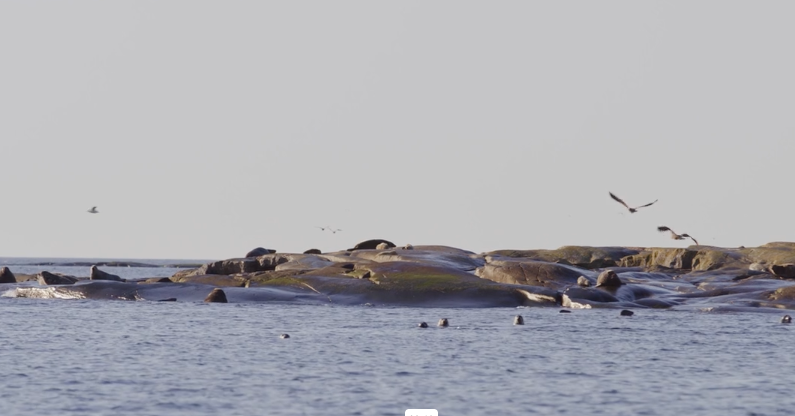
It is early morning sometime late winter last year. Out on the islands in the Skarv archipelago in the sea belt outside Stockholm, female seals and seal pups lie close on the rocks. These are mating times for the gray seals. Sea eagles soar above them. Hungry and ready to attack a weak and lonely pup.
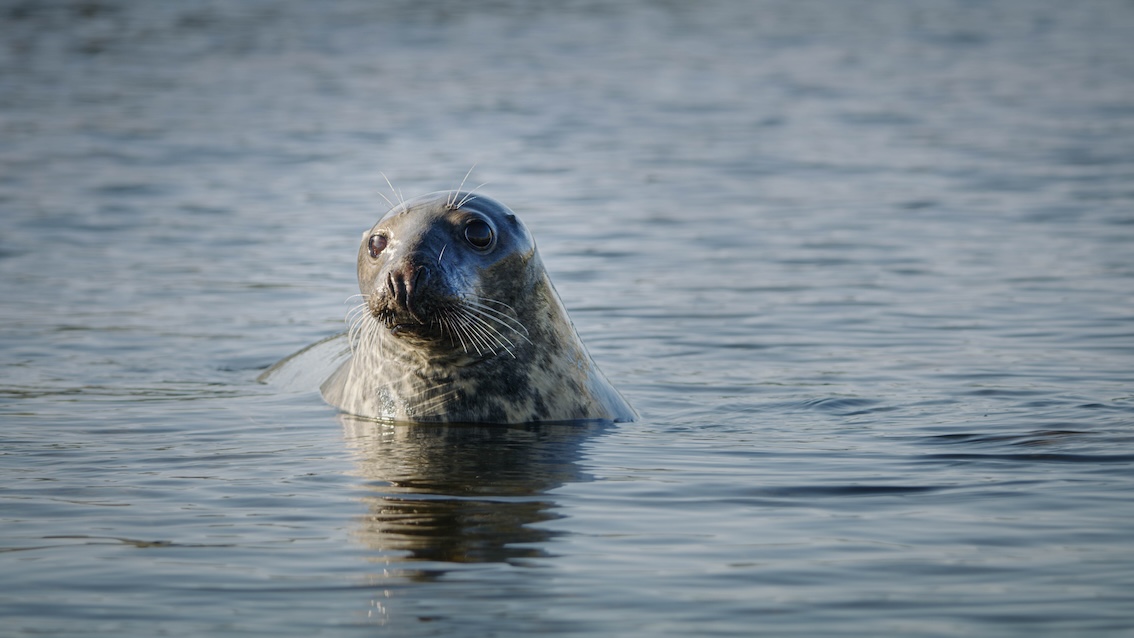
Explore the dramatic journey of the Baltic Sea's seals from near extinction to recovery and the debates surrounding their resurgence.
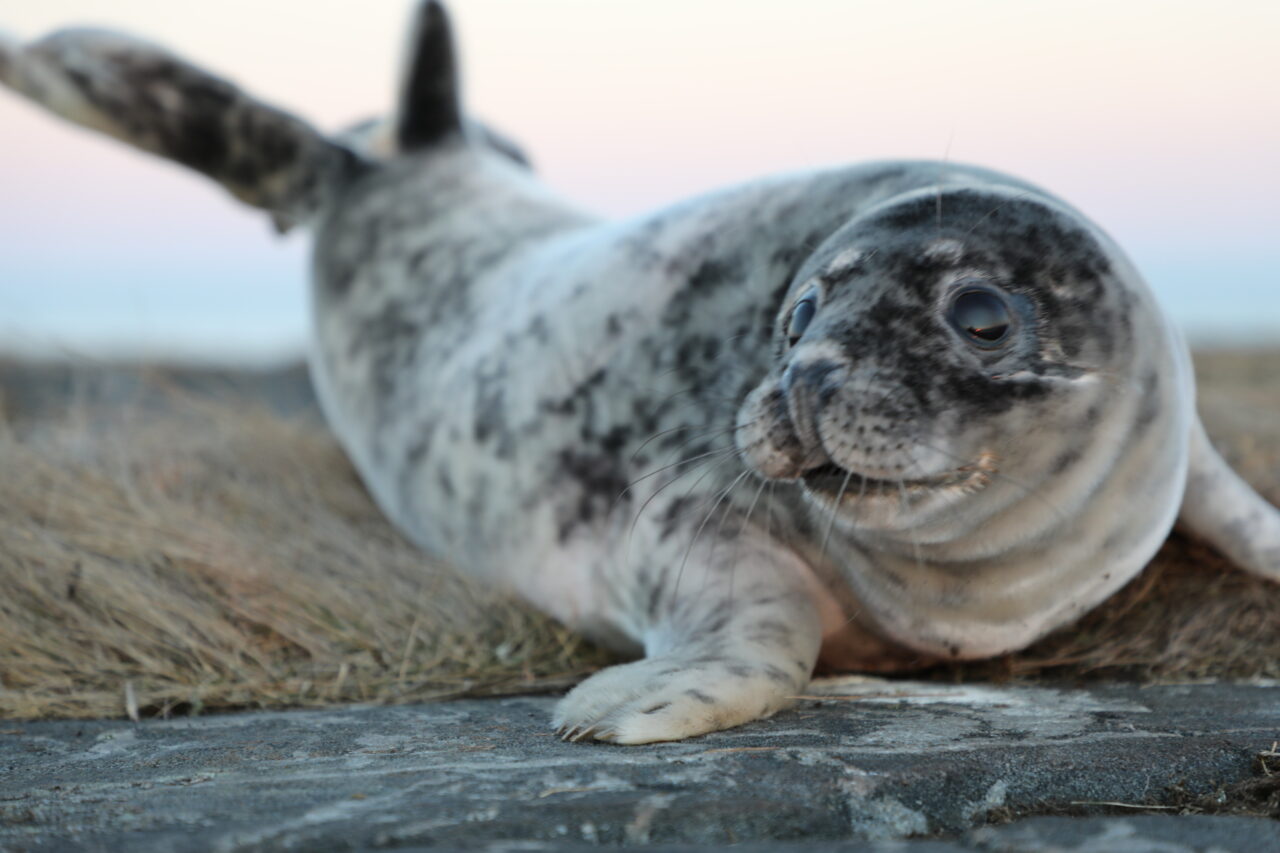
Sweden, Finland, and Norway conduct hunting for seals as trophy hunting. In most other countries, hunting of large marine mammals has been prohibited. In the USA, they have even banned the import of fish from countries that kill marine mammals to protect their fishing industry. Sweden doesn't have much fish to export, so that import ban is unlikely to affect us significantly. However, we hunt a large marine mammal – and that is unique.
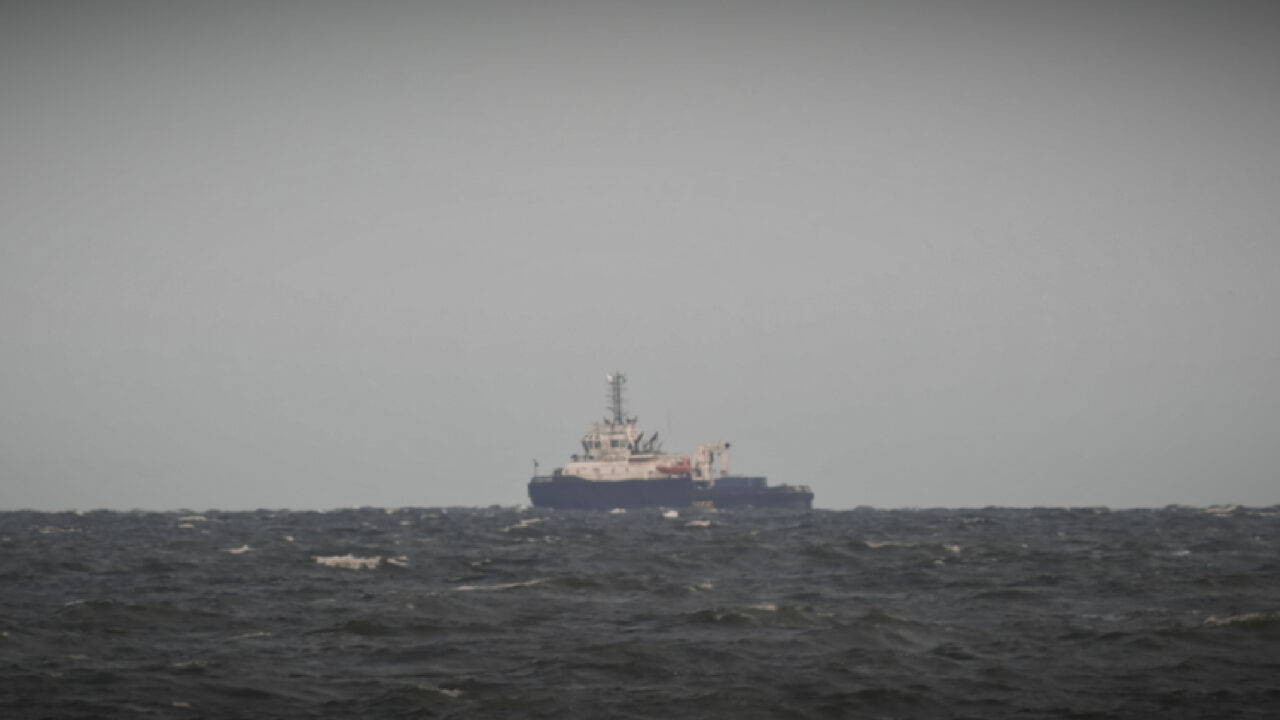
The fish are running out, the herring and the baltic herring are threatened and the cod is almost completely gone. When there is a competition for the little fish left, many people want to blame the seal. Both that it eats too much of "our" fish and that it destroys our fishing gear. But how is it really? Does the seal eat more than we do, and what does it actually eat? We asked some seal researchers.
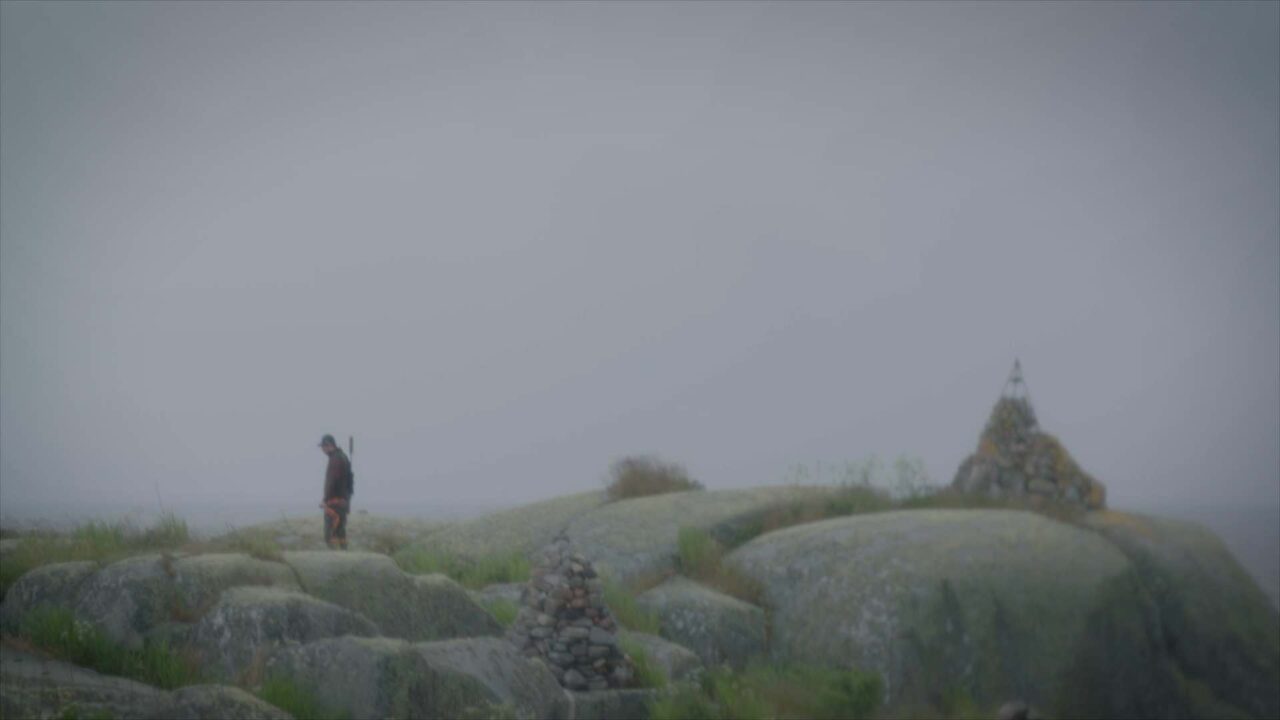
When the seal population had collapsed around 1980 and was almost completely extinct, the authorities put an end to all hunting. Seal protection areas were established, and all three species found along our coasts were protected. At the same time, we received EU directives to reduce emissions of DDT and PCBs. It led to the recovery of all three seal tribes.
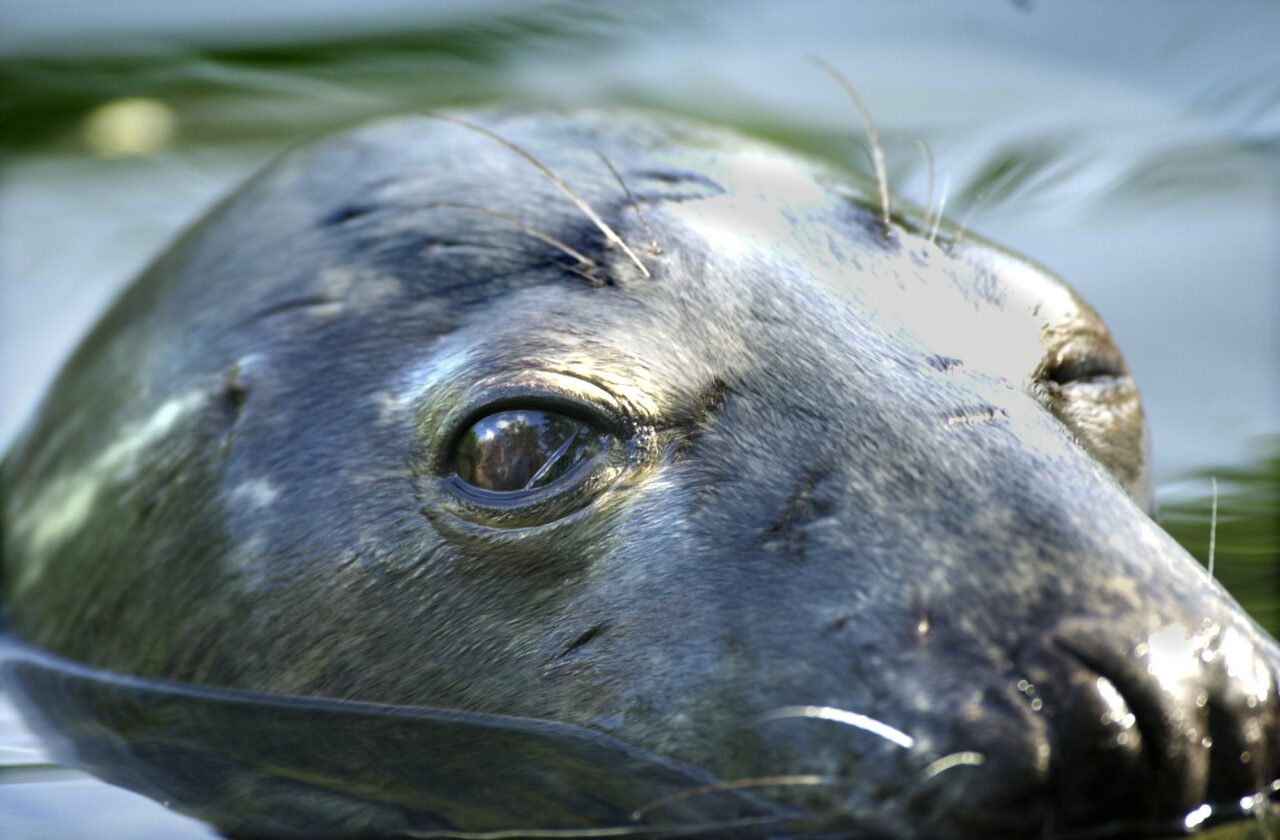
For the second year in a row, the Swedish Environmental Protection Agency has decided on licensed hunting for grey seals and harbor seals. During this year's hunt, 1,500 grey seals and 630 harbor seals may be shot to reduce the number of injuries in commercial and recreational fishing in Sweden.
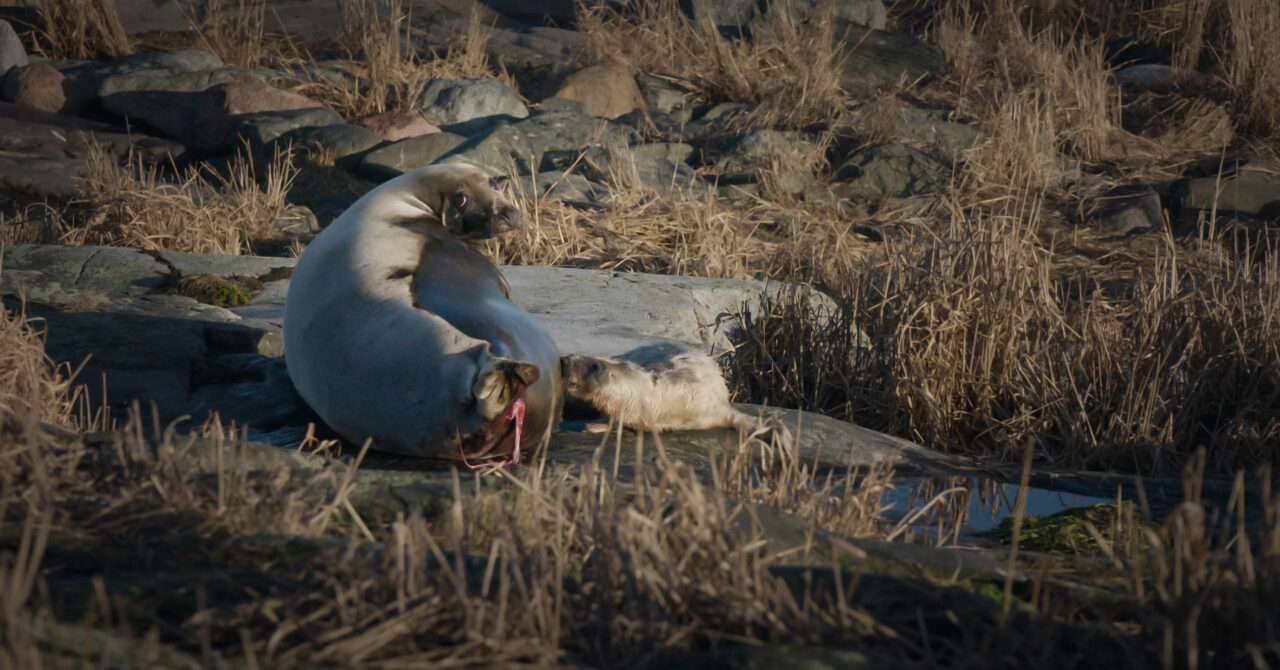
I have had many pets in my life. First I had budgies. I particularly liked my first one - Mimi. I once took her to school in the outer compartment of my backpack. In the summer I fished. I pulled up roaches and perch on the jetty. Digged a pit and had my own fish pond. Then there were mice. Rats. Turtles. Rabbits. Chickens and horses. I knew that stuff with animals.
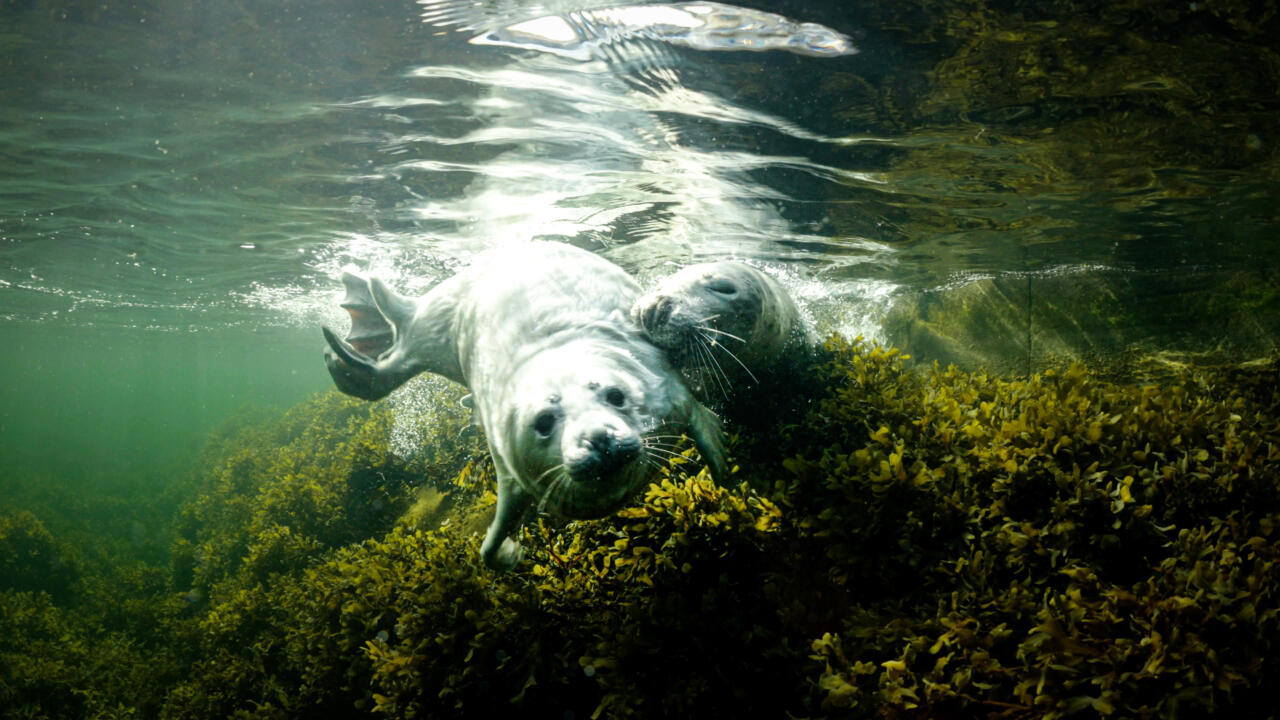
Dive into the world of underwater filmmaking with Johan Candert and Göran Ehlmé as they share their captivating experiences with seals through five years of dedicated filming.
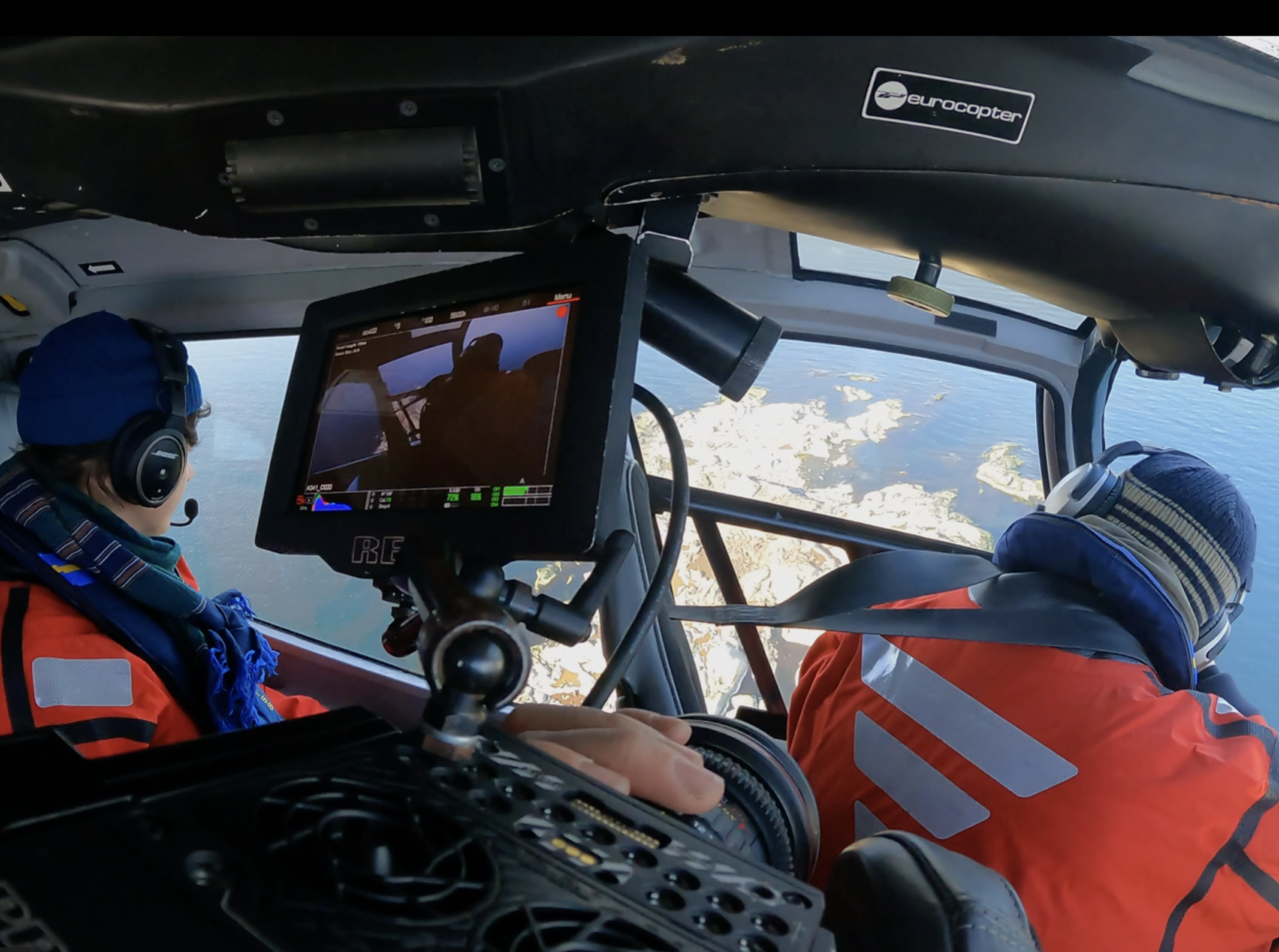
I have been invited to accompany Anja Carlsson and Markus Ahola of the Swedish Museum of Natural History on their annual seal pup survey. When we spot the distinctive white of newborn seals we fly in closer, Markus photographs, Anja records coordinates and observations and I film. The still images are a resource that will enable the researchers to count the number of seal pups born this year and to analyse their distribution
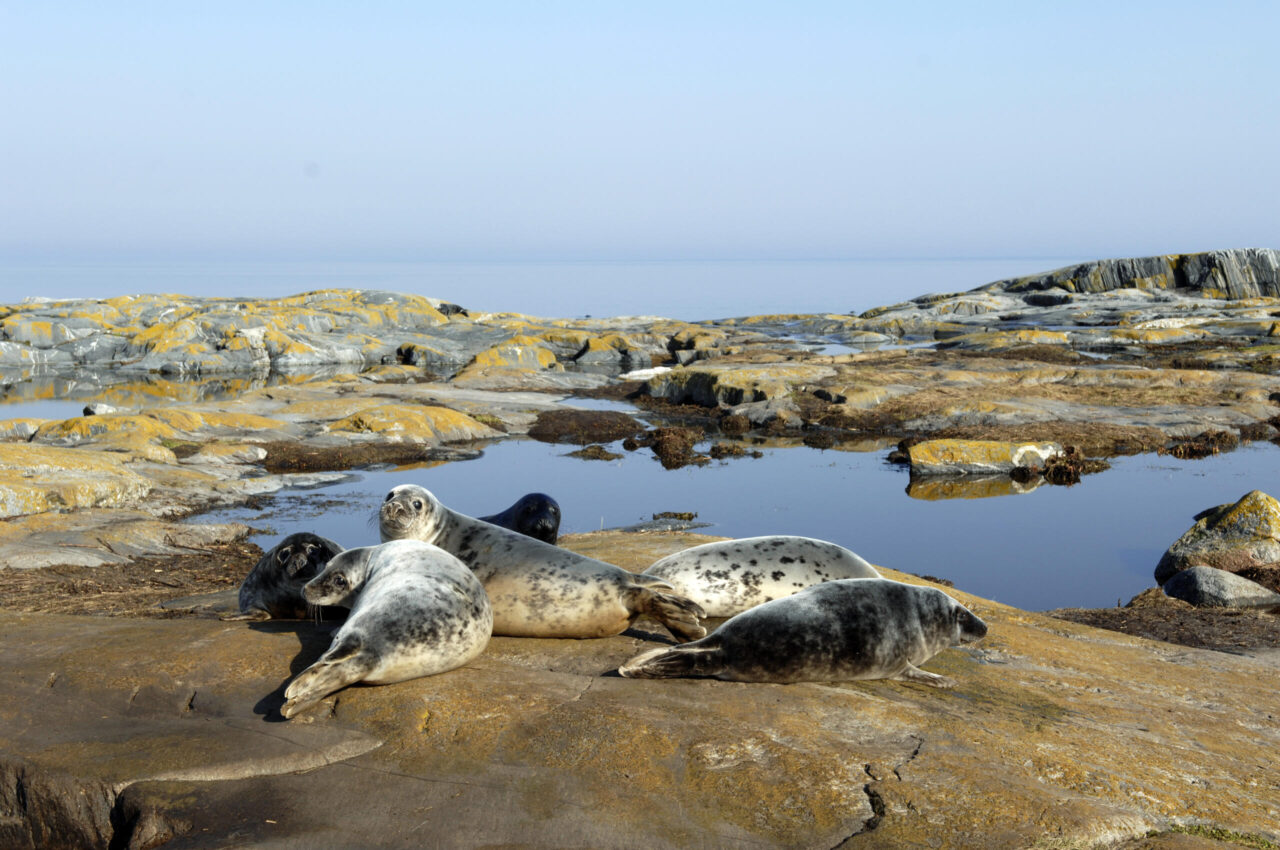
The government makes it possible to introduce licence hunting for both grey seals and humpback seals. "This is about protecting fish stocks and coastal fishing," says Minister for Rural Affairs Anna-Caren Sätherberg
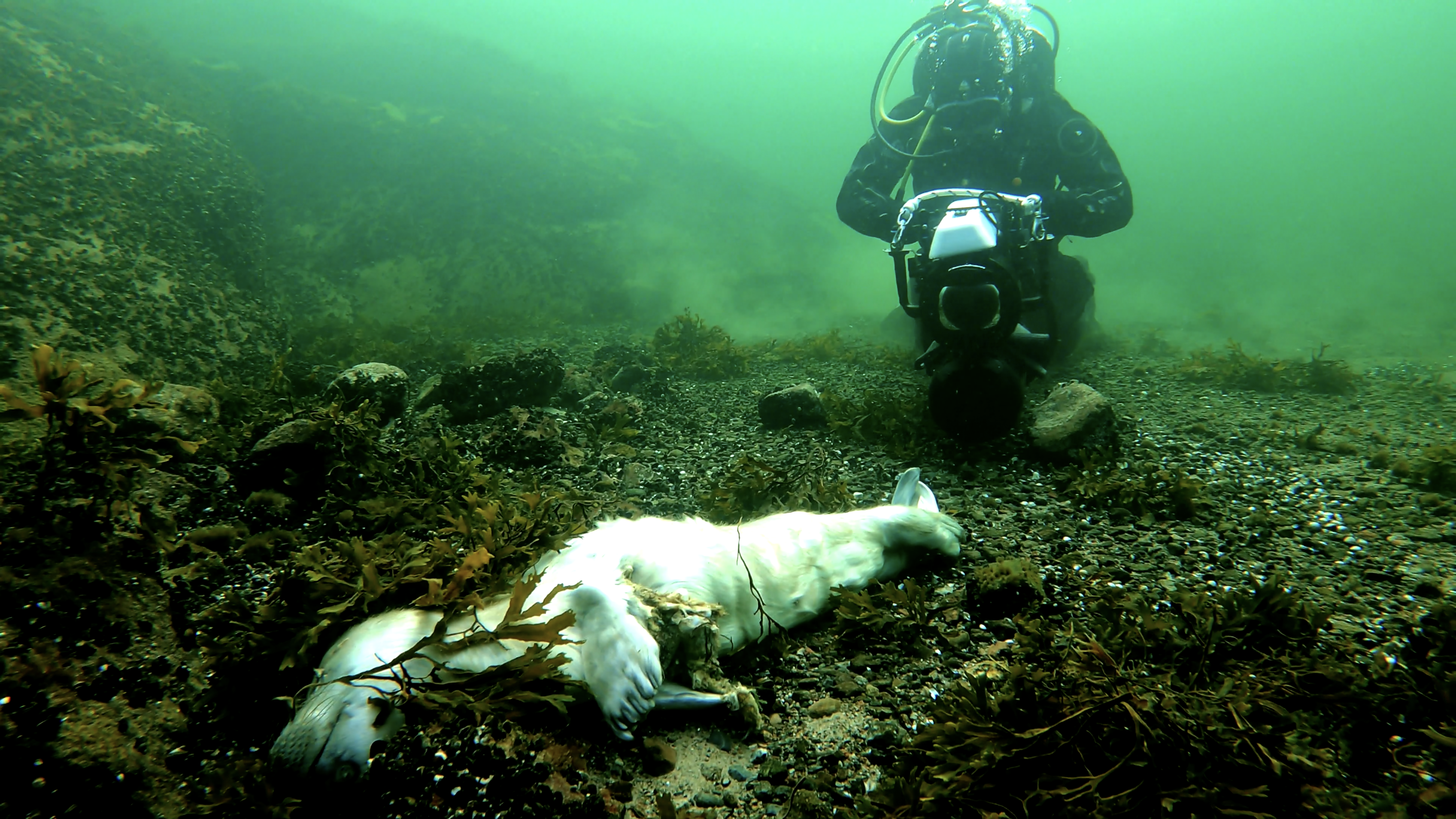
In one of our recordings this spring, the researchers brought four dead seals to investigate the causes of death. Wildlife pathologist Elina Thorsson has now autopsied the dead cows, and in this follow-up report we get to take part of the results
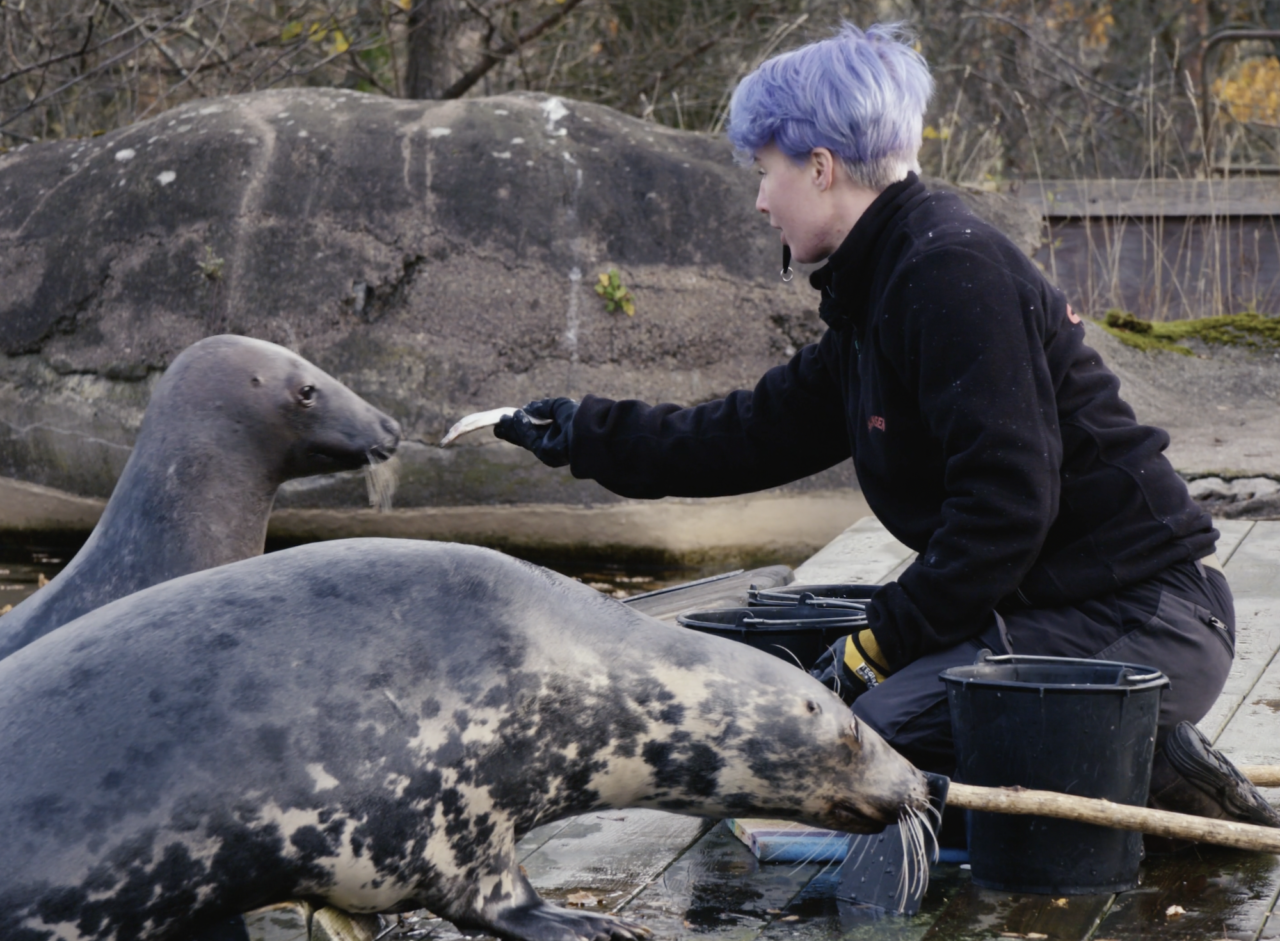
We accompanied the seal keeper Therese Alpstig Anund, from Skansen, the first time she met wild seals
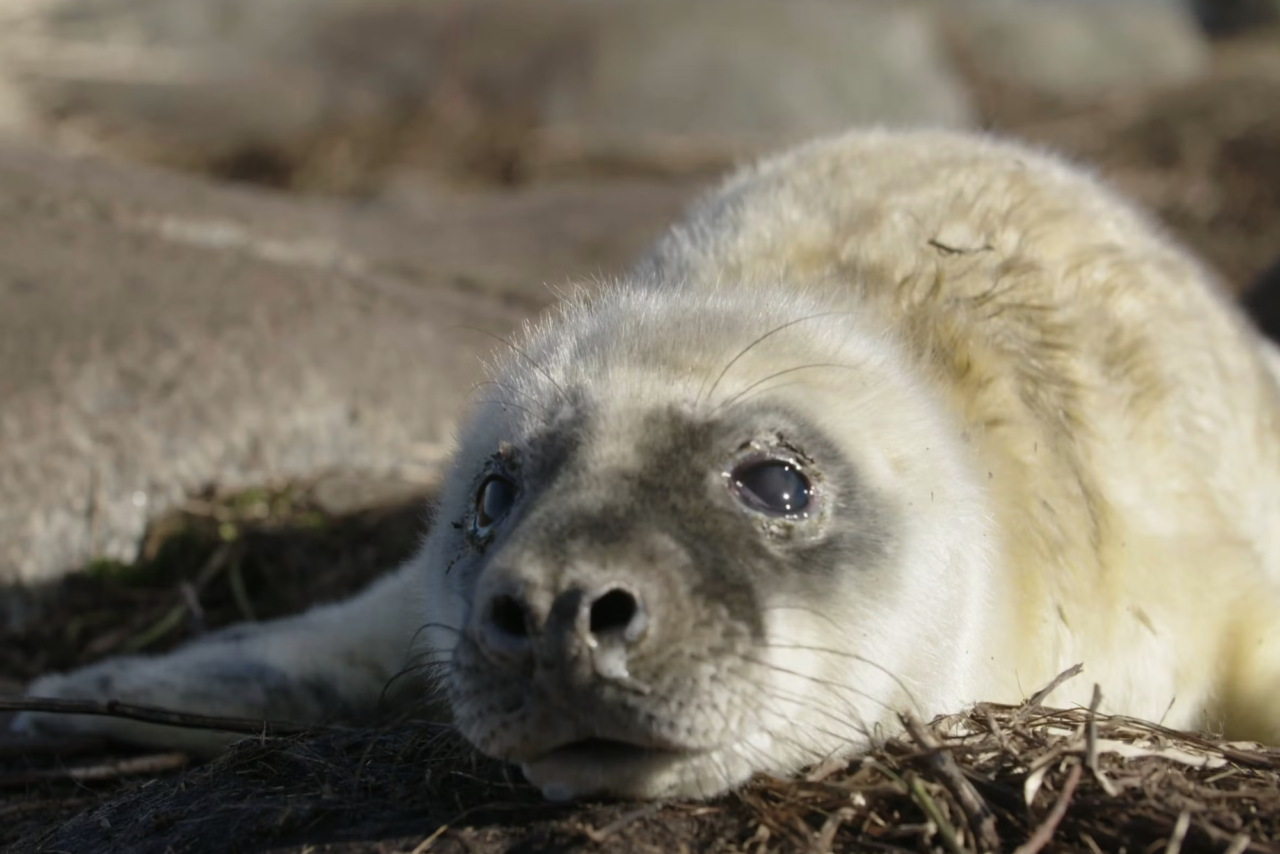
When the grey seal is born, it is largely helpless, and it does not take long for the mother to leave her kut. Deep Sea Reporter is present during the seal cubs' first days of life
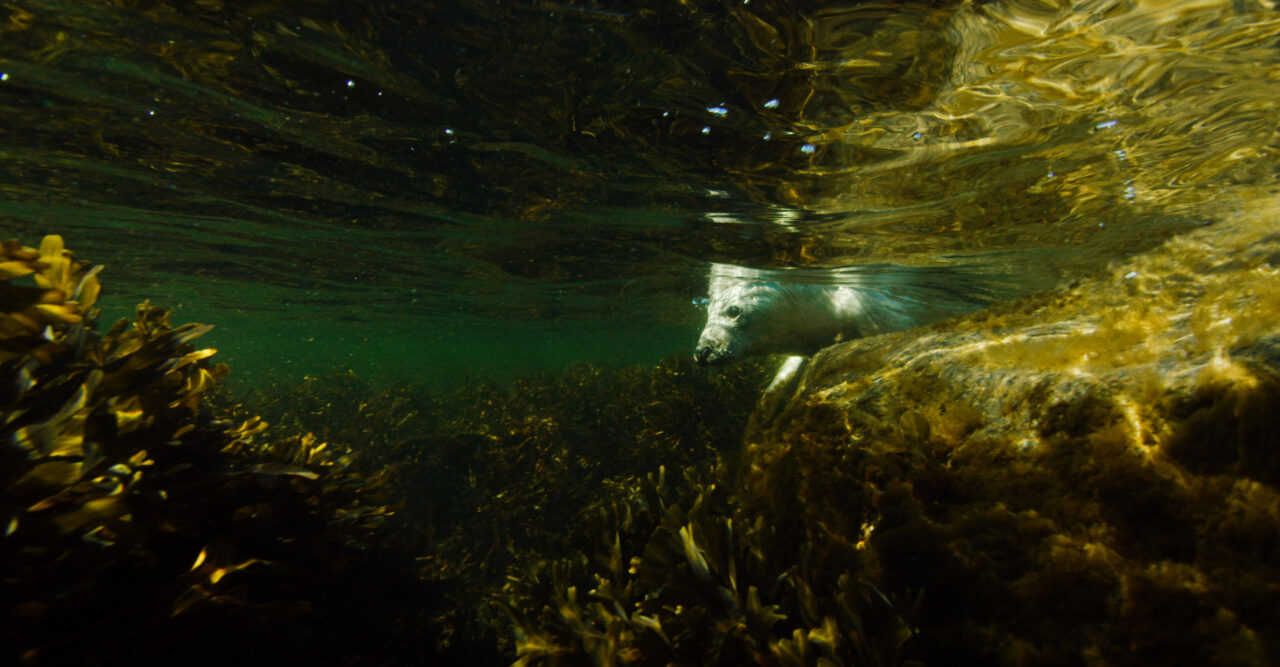
Researchers from the Swedish Museum of Natural History have recently discovered that many seals in the Baltic Sea suffer from intestinal ulcers
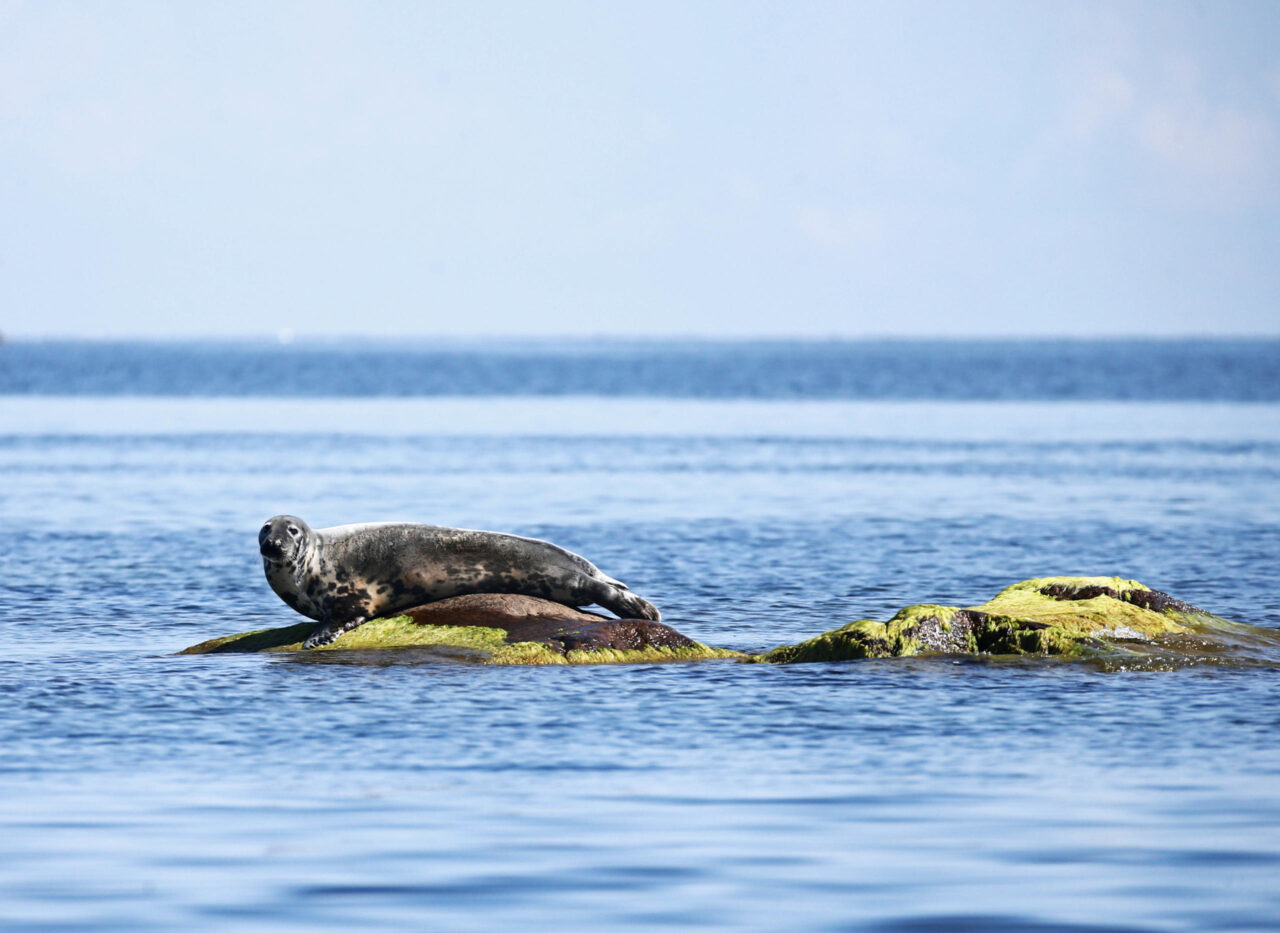
Seal researchers are now concerned that there are fewer grey seals in the Stockholm archipelago. A contributing factor may be the new license hunt